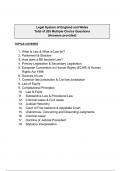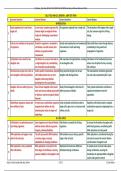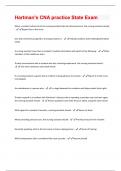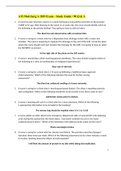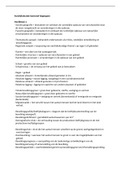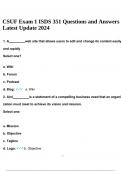Zusammenfassung
Summary LLB: Common Law Reasoning / English Legal System & Method - Q&A
- Kurs
- Hochschule
Hey there, first-year law student! Dive deep into the English Legal System with these Multiple Choice Questions & Answers. This guide is all about boosting your understanding using a questions-and-answers approach. If you're stuck on certain questions, just flip back to the study guide for a quick ...
[ Mehr anzeigen ]
